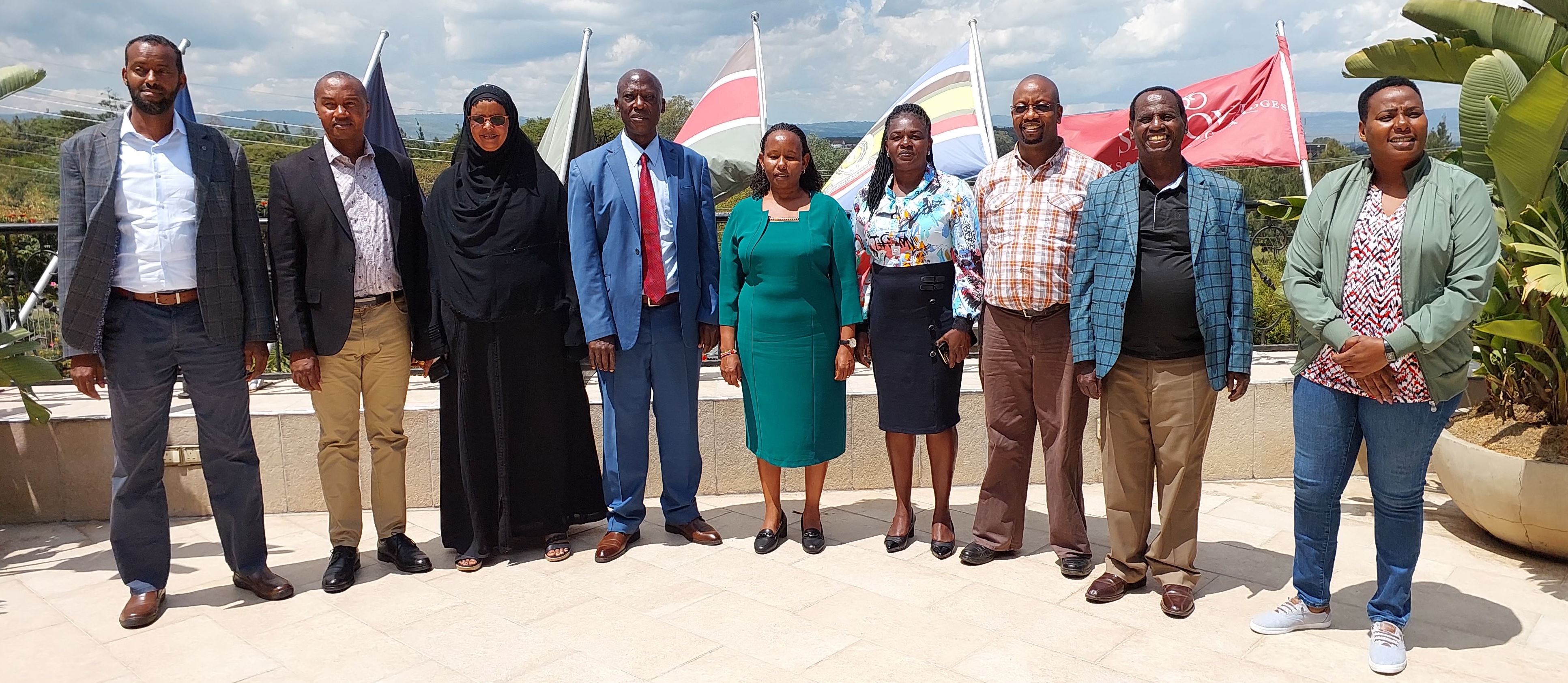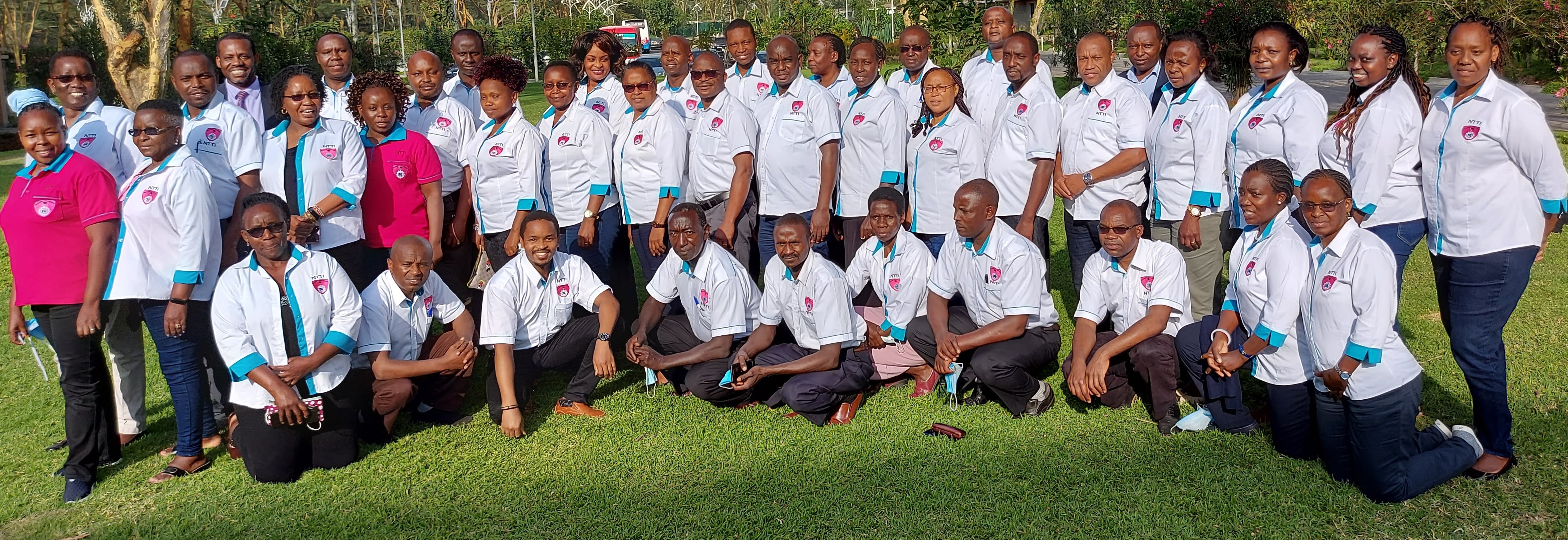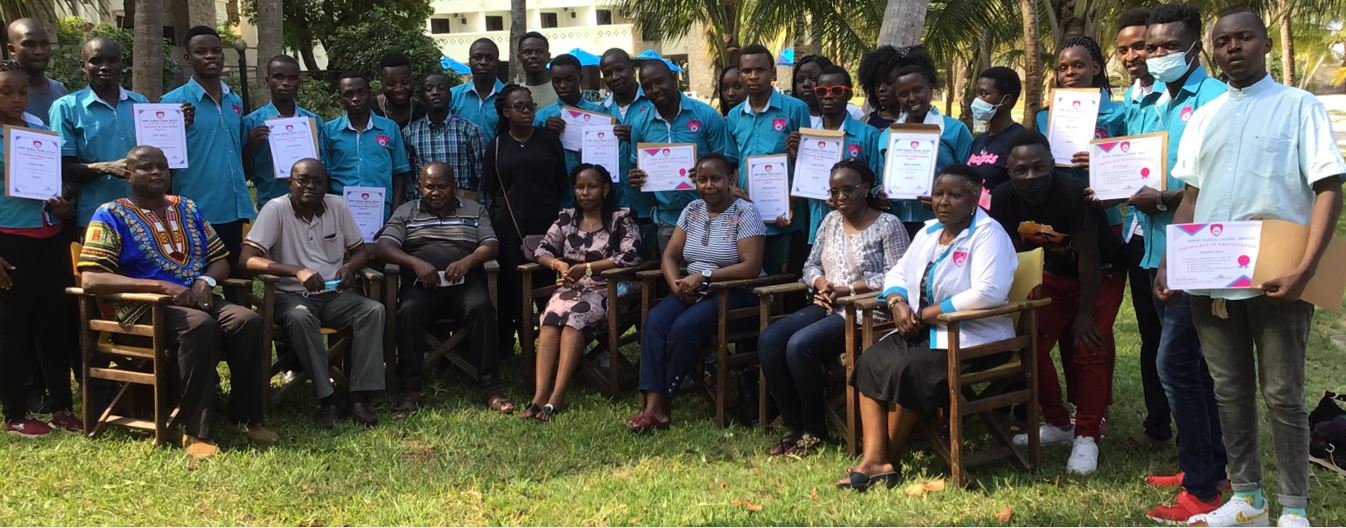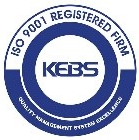
The Nairobi National Polytechnic (TNNP) is a public tertiary institution under the Ministry of Education, State Department for Vocational and Technical Training. It is located in Nairobi, along Mogira Road, off Park Road and Geoffrey Griffins Road. The Institute started in the year 1951 as a “Modern High School” catering predominantly for the Asian community and later changed into a Technical High School in 1964 after independence.
Over the years, The Nairobi National Polytechnic has developed to be a premier TVET institute in the country with high levels of performance and standards. The Institute operates under a robust Quality Management System (QMS) that has enabled maintenance of high levels of performance and quality standards. This has led to the Certification of the Institute to the ISO 9001:2015 Quality Standards by the Kenya Bureau of Standards.
The Institute has continuously experienced growth in trainees' enrolment, staff and the physical infrastructure. In line with the Technical, Vocational Education and Training (TVET) Act of 2013, the Institute has continually imparted trainees with the necessary knowledge, skills and attitudes for social economic development in Business, Science, Engineering and Technology (SET) courses. Nairobi Technical Training Institute is an accredited TVET institute by TVETA and registered with the Kenya Universities and Colleges Central Placement Services (KUCCPS) for placement of trainees for various courses.
The Institute offers Competency Based Education and Training (CBET) courses in Level 4 (Artisan), Level 5 (Certificate) and Level 6 (Diploma) in Electrical and Electronics Engineering, Automotive Engineering, Mechanical and Chemical Engineering, Health and Applied Sciences, Institutional Management, Information Communication Technology, Business Studies, Liberal Studies and Entrepreneurship Studies. Currently, the Institute offers 82 different CBET courses with an enrolment of 9,388 trainees. The CBET courses are implemented through the blended mode of training in classroom and online via the Learning Management System (LMS).
There has been increased demand for TVET Education and skilled manpower in the country. Towards this end, the Government of Kenya, through the Ministry of Education, and in cooperation with Netherlands, GIZ (Germany) and Finland, has continually supported the Institute through funding of development projects, equipping the training workshops and capacity development of the trainers. In order to promote a skilled workforce to ensure enhanced productivity in the country, and towards the achievement of the Vision 2030, the Government of Kenya identified Nairobi Technical Training Institute as a Centre of Excellence (COE) in Automotive Mechatronics.
The significant increase in the application of mechatronics has created an industry need for Automotive Mechatronics Technicians in Kenya. The COE offers Dual Training in Automotive Mechatronics course, where trainees spend 50% of their training duration in the Institute and 50% in the industry. Automotive Mechatronics involves multidisciplinary integration of automotive, mechanical and electronic systems. The course integrates automotive-specific mechanics, electronics, communication, advanced control systems and modelling.
The Institute has achieved great success in Automotive Mechatronics dual training. All the trainees who have graduated in Automotive Mechatronics have secured employment in automotive industry due to the competencies acquired. To further increase trainees’ enrolment in dual training, Nairobi Technical Training Institute has established partnerships and collaborations with leading companies in Automotive Engineering and Hospitality industries in readiness to on-board more courses in cooperative Dual Training.















